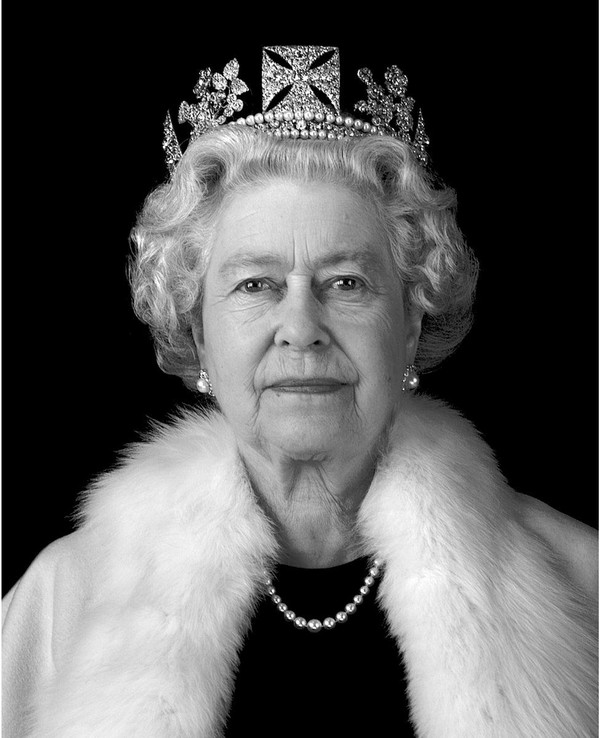On September 8, the British royal family announced the passing of Queen Elizabeth II, merely a year after the death of her husband, Prince Philip, and just a few months after celebrating her seventh decade on the throne. Her death undoubtedly marks the end of an epic era. Since the coronation of Elizabeth in 1953, for many, she would have been the only British monarch to exist in their lifetime, else certainly taking up the majority of them. Of course, this was also the case for me; as the only British national currently studying as an undergraduate at KAIST, the loss of our head of state feels almost surreal. Through all the ups and downs in my life, one thing always seemed to be unchanging: that Elizabeth II was queen. This was to the point that people often joked about her seeming immortality. This seemed especially the case in recent years; with all the instability in both world politics and COVID-19, she remained a steadfast certainty.

To put her life into context, Elizabeth was queen during Winston Churchill’s time in office, was 15 when Pearl Harbor was attacked, 52 when the last smallpox victim passed away, and 65 when the Soviet Union collapsed. This all puts into perspective the vast achievements of humanity that have been marked throughout her life. And now that one of the only constants that existed for the better part of the last century is gone, the air seems to be filled with a bizarre uncertainty. Whenever someone would ask me or mention anything about the queen, the classic image of Elizabeth in her brightly colored attire, with a handbag and in her dazzling hat would always come to mind — the unfamiliar reality that Charles III is now king sounds almost too awkward to be true.
For many, the death of Queen Elizabeth perhaps symbolizes the end of the extensive and condemnable history of imperial Britain into which she was born, consisting of some 70 overseas territories, now with the majority of these colonies having left. The statement that “all empires were violent” is certainly true, the British empire being no exception. Though it is true that the Queen herself was rarely involved in these matters, often riding the waves of the British public opinion, to separate the monarchy’s gatekeeping symbolism from this painful past may never truly be possible. The crowning of Charles as the new figurehead of the royal family may represent a clean slate to be able to slowly move away from an imperial past.
Given the recent re-emergence of anti-colonialist remarks in the media, especially following the death of Queen Elizabeth one can only wonder if Charles’s reign will be any different: whether or not he will break tradition to address these issues directly, creating a new path into the future and acknowledging the past. Nevertheless, I, like so many others, will definitely miss the queen’s humorous and quirky remarks, her devotion towards her duty, and her 15 generations of corgis.

